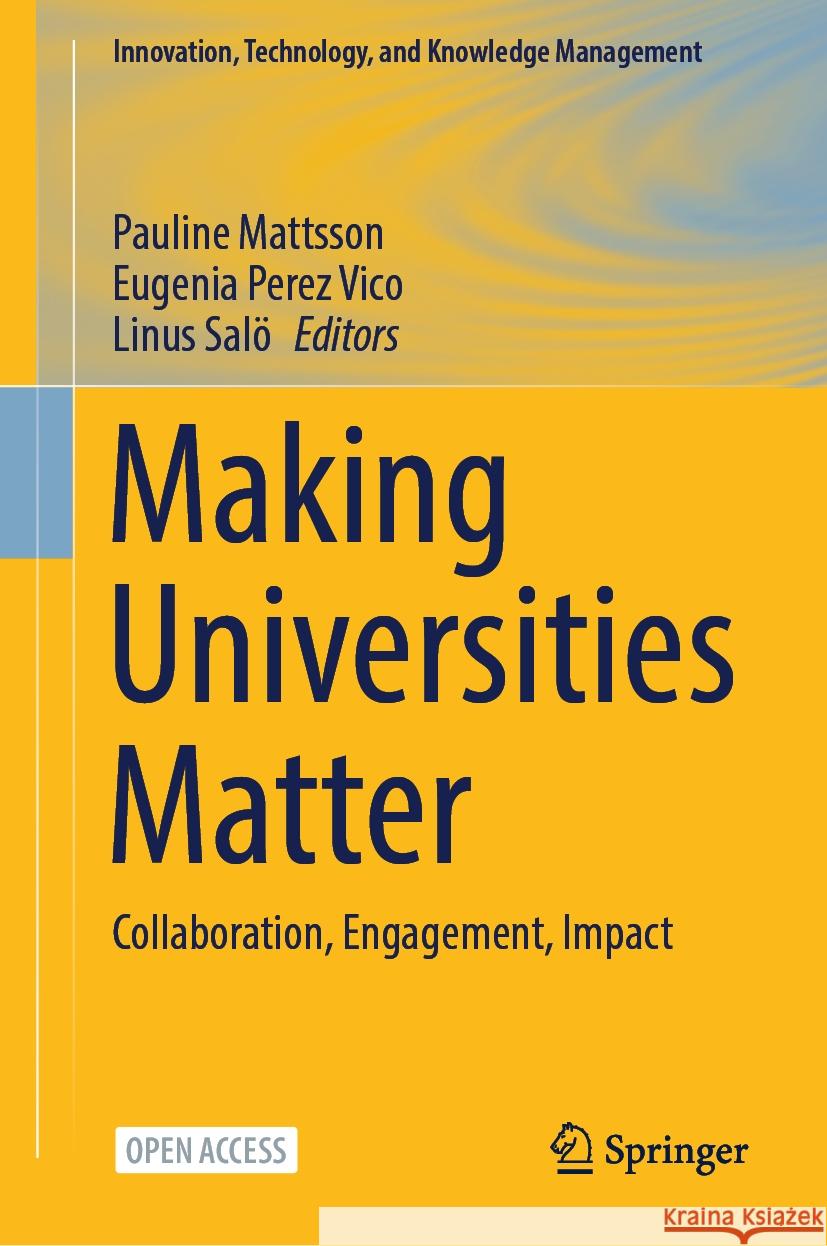Making Universities Matter: Collaboration, Engagement, Impact » książka
topmenu
Making Universities Matter: Collaboration, Engagement, Impact
ISBN-13: 9783031487989 / Angielski
Making Universities Matter: Collaboration, Engagement, Impact
ISBN-13: 9783031487989 / Angielski
cena 201,24
(netto: 191,66 VAT: 5%)
Najniższa cena z 30 dni: 192,74
(netto: 191,66 VAT: 5%)
Najniższa cena z 30 dni: 192,74
Termin realizacji zamówienia:
ok. 22 dni roboczych.
ok. 22 dni roboczych.
Darmowa dostawa!
Kategorie:
Kategorie BISAC:
Wydawca:
Springer
Seria wydawnicza:
Język:
Angielski
ISBN-13:
9783031487989











